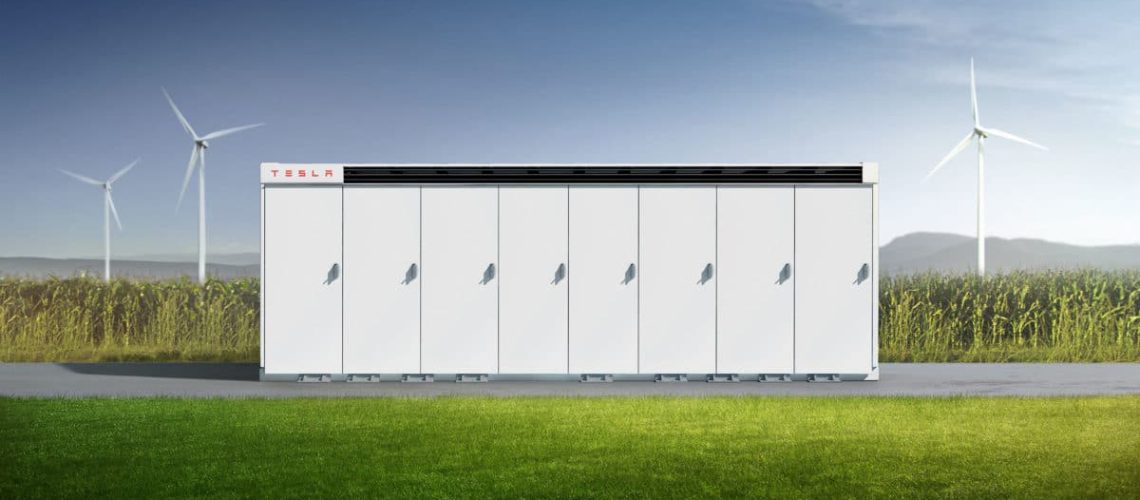Arevon Energy is developing the project for the community choice aggregator.
Arevon Energy announced it has entered a 15-year energy storage agreement with San Diego Community Power (SDCP), providing a 200 MW / 800 MWh standalone energy storage facility to the community choice aggregator (CCA).
The Avocet Energy Storage Project is located in Carson, California. It is expected to be operational in Q2 2026. Once complete, the project is expected to support the equivalent power demand of about 45,000 homes for four hours daily.
The project will make use of Tesla Megapack grid-scale batteries. The batteries will store energy during non-peak electricity demand hours, discharging power when it is needed most during peak demand.
As the mismatch between hours of peak renewable energy generation and peak electricity demand increases, energy storage is being pursued by electricity providers to balance the grid. This mismatch, sometimes referred to as the “duck curve” has been deepening in California, leading regulators to call for more energy storage capacity.
“Energy storage systems such as our Avocet Energy Storage facility reduce air pollution and contribute to grid reliability,” said Tommy Greer, executive vice president and chief commercial officer, Arevon.
The Avocet project is estimated to create 75 construction union jobs and disburse more than $35 million in property tax payments over its lifespan.
SDCP is the second-largest CCA in California, serving nearly 1 million customers in the San Diego area. This is the second such energy storage agreement the CCA has entered with Arevon Energy, adding to the 150 MW / 600 MWh Vikings Energy Farm, which commenced construction earlier this month.
“San Diego Community Power’s mission is to provide clean, reliable, and affordable energy to our customers, and Arevon shares this commitment,” said Karin Burns, chief executive officer of SDCP. “The Avocet project will be a critical component to ensure that, not only are we adding energy storage to shift renewable generation to demand hours, but we are creating quality construction jobs that support the energy transition in our communities.”



